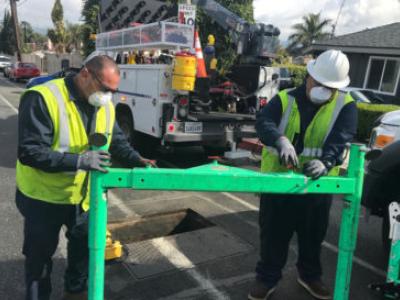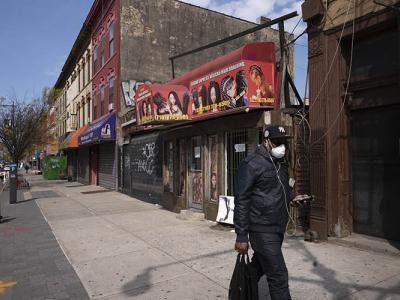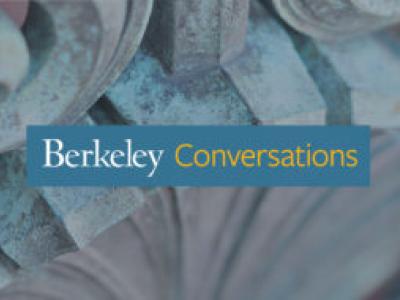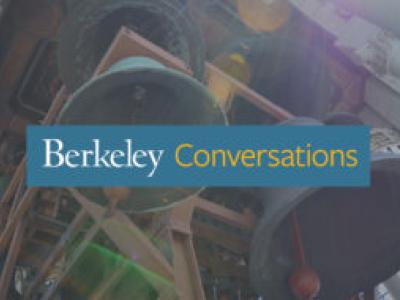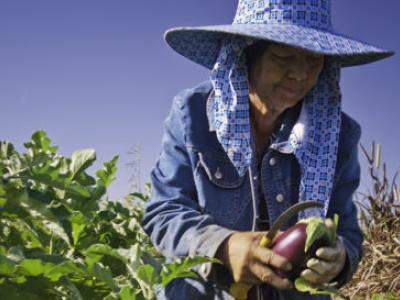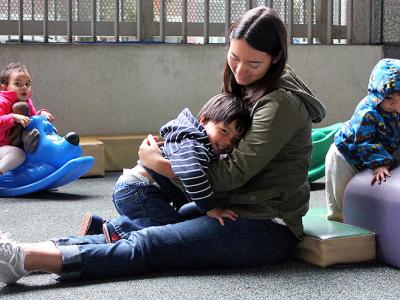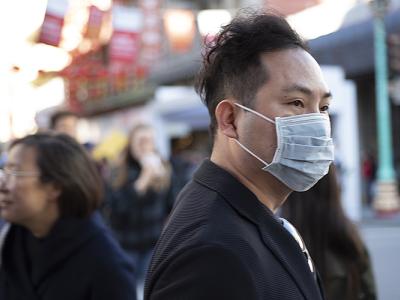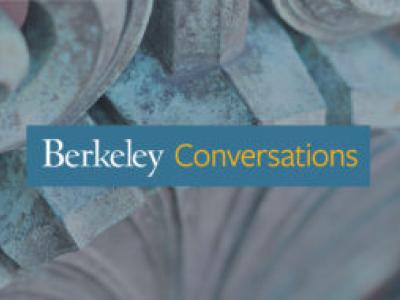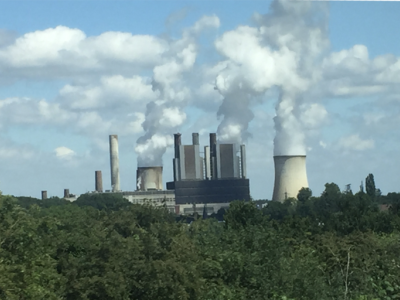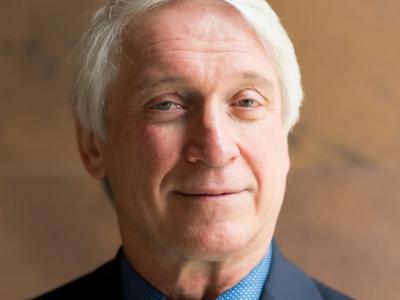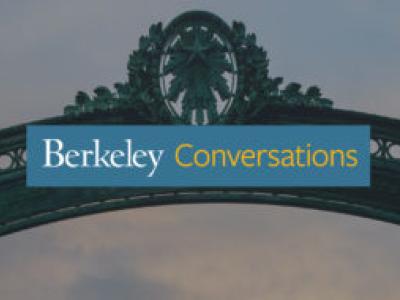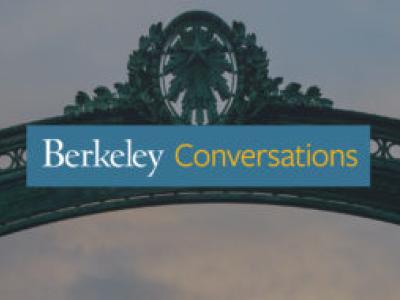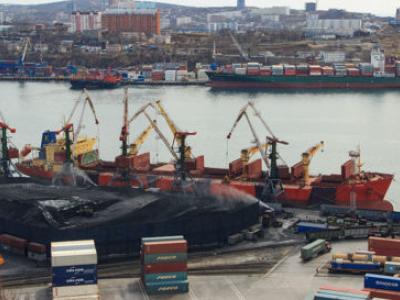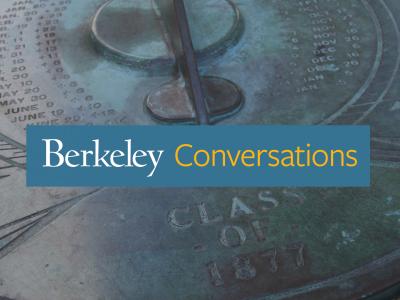A month after opening, a COVID-19 testing lab at the University of California, Berkeley, has branched out from evaluating symptomatic students to assessing a broader range of people potentially exposed to the new coronavirus, including residents of local nursing homes, the East Bay’s homeless population, front-line firefighters and police officers and, now, utility workers around the state.
Research News
Learn more about UC Berkeley's researchers and innovators.
Showing 1361 - 1376 of 3512 Results
A strong majority of Californians say that the COVID-19 pandemic is increasing inequality in the United States, and a majority believe that black residents are more severely affected, according to poll resultsreleased today by UC Berkeley’s Institute of Governmental Studies (IGS).
As plans for re-opening businesses, communities and schools emerge, it becomes increasingly important to better understand how many people are being infected and dying from COVID-19, and where and how the new coronavirus is transmitted.
Will there be an election in November? Almost certainly, agreed a panel of UC Berkeley experts in politics, public policy, cybersecurity and law.
Californians strongly support health and economic protections for farmworkers who stay on the job despite the risks posed by the COVID-19 pandemic, according to a new poll by UC Berkeley’s Institute of Governmental Studies (IGS).
Robots with toes? Experiments suggest that climbing robots could benefit from having flexible, hairy toes, like those of geckos, that can adjust quickly to accommodate shifting weight and slippery surfaces.
As Governor Newsom promises returning workers access to child care, early results from a new study from the University of California, Berkeley show that many California child care programs won’t be able to survive unless they receive financial relief.
Studying the turbulent weather of Jupiter, research reveals a special cloud structure near a massive cluster of lightning flashes: a three-way combination of deep clouds made of water, large convective towers, and clear regions with downwelling, drier air outside the convective towers.
People of color in California face elevated health and economic risks in the COVID-19 pandemic, with less freedom to work from home and more anxiety over paying for necessities and medical care, reports a new poll from the UC Berkeley Institute of Governmental Studies (IGS).
To inform the public during these uncertain times, newsrooms across the country have made pandemic coverage a priority. But the ever-changing and sometimes unverified nature of COVID-19 data being released has left journalists and researchers with challenges in providing accurate information to the public.
Our energy and water systems are inextricably linked. Climate change necessitates that we transition to carbon-free energy and also that we conserve water resources as they become simultaneously more in demand and less available. Policymakers, business leaders, and scientists seeking to address the urgency of climate change are increasingly looking to Carbon Capture and Storage (CCS) to help meet global climate goals.
UC Berkeley psychologist Stephen Hinshaw has won two distinguished awards for his vast body of research, including his work on developmental psychopathology, the stigmatization of mental illness and longitudinal studies of girls and women with ADHD.
As the COVID-19 pandemic rages across the country, it has brought unprecedented strain on hospitals and clinics, from a shortage of testing and medical supplies to issues in access among rural and underserved populations. The disease has put a spotlight on some of these inequities, while also revealing holes in the healthcare delivery system that can have lasting side effects on patients and providers.
In the last twenty years, California’s 10-campus University of California system and 23-campus state university system have seen significant declines in financial support from the state’s politicians, a trend that will only become more worrisome as California responds to the COVID-19 pandemic and economic downturn.
In the United States and around the globe, products produced by “dirty” or high-carbon-emitting industries are facing significantly lower import taxes than their cleaner counterparts, finds a new paperfrom the University of California, Berkeley.
Pressure is mounting to reopen the economy, and some locales are rushing to do so. Deciding how and when it’s safe for people to return to work, school, and public life is a complex topic that involves implementing widespread testing; accurate assessment of exposure risks; ensuring health care system capacity; putting in place procedures and routines to protect workers; setting guidelines for mass behavior changes; and restoring public trust. How can we go about making these decisions and getting plans in place?

